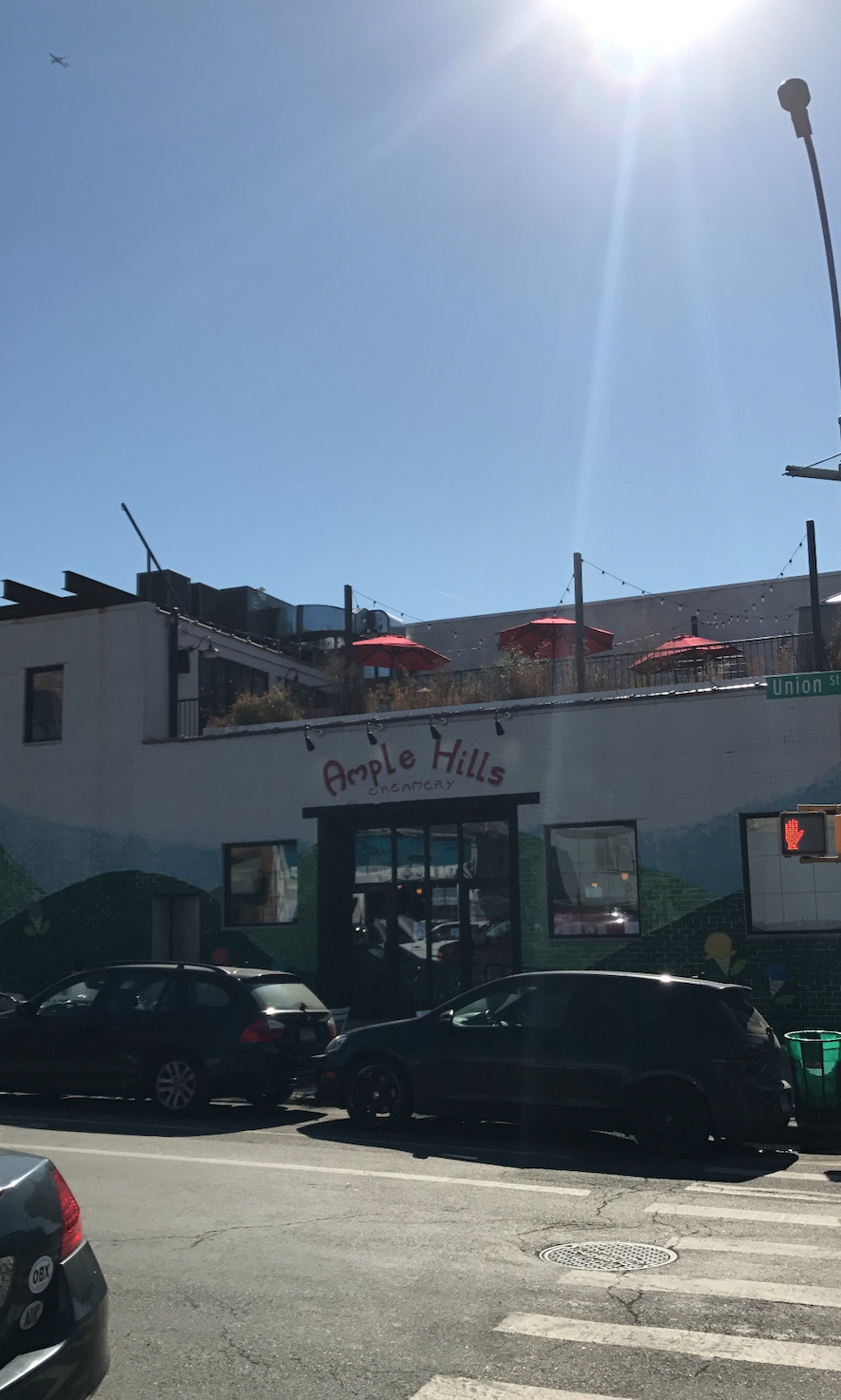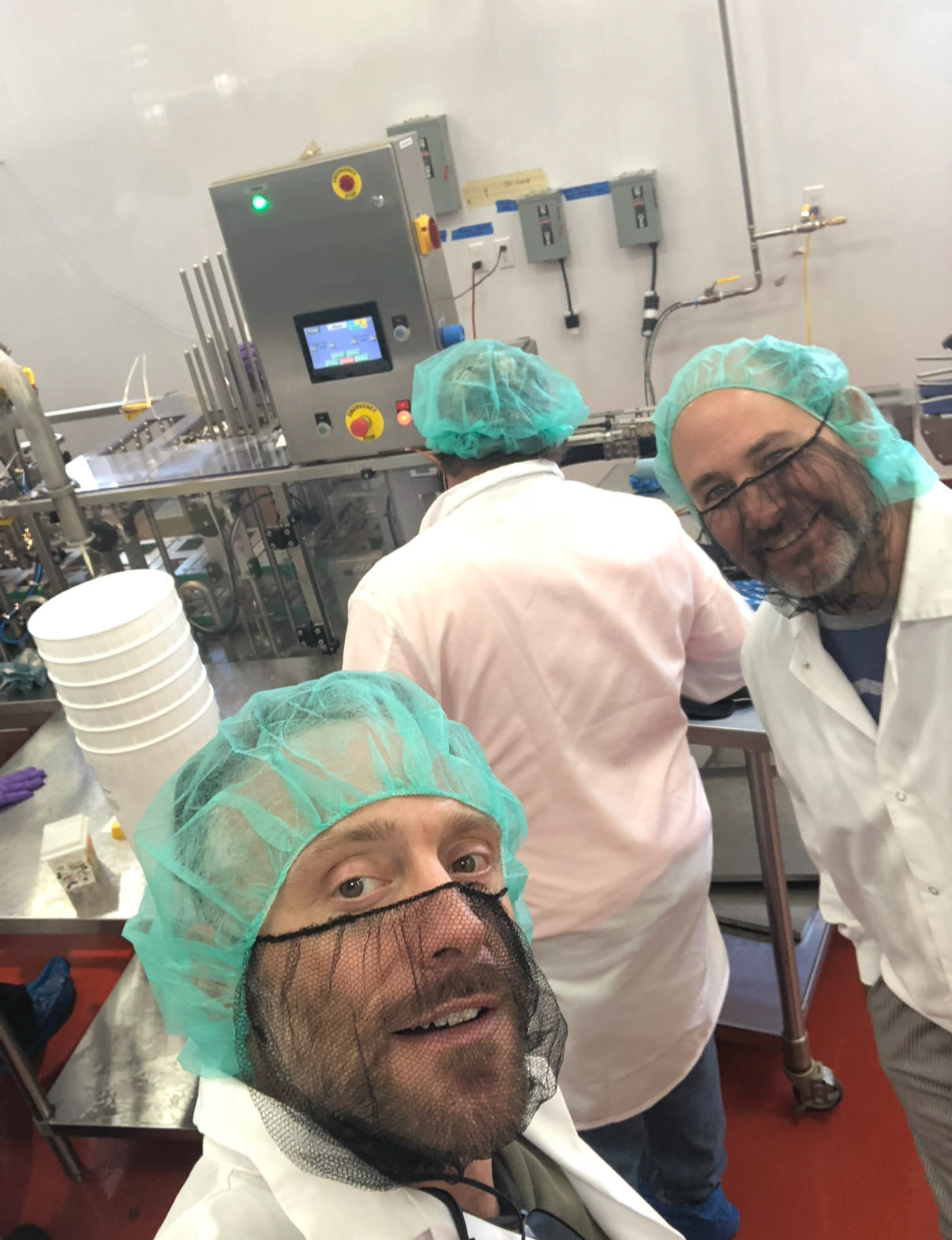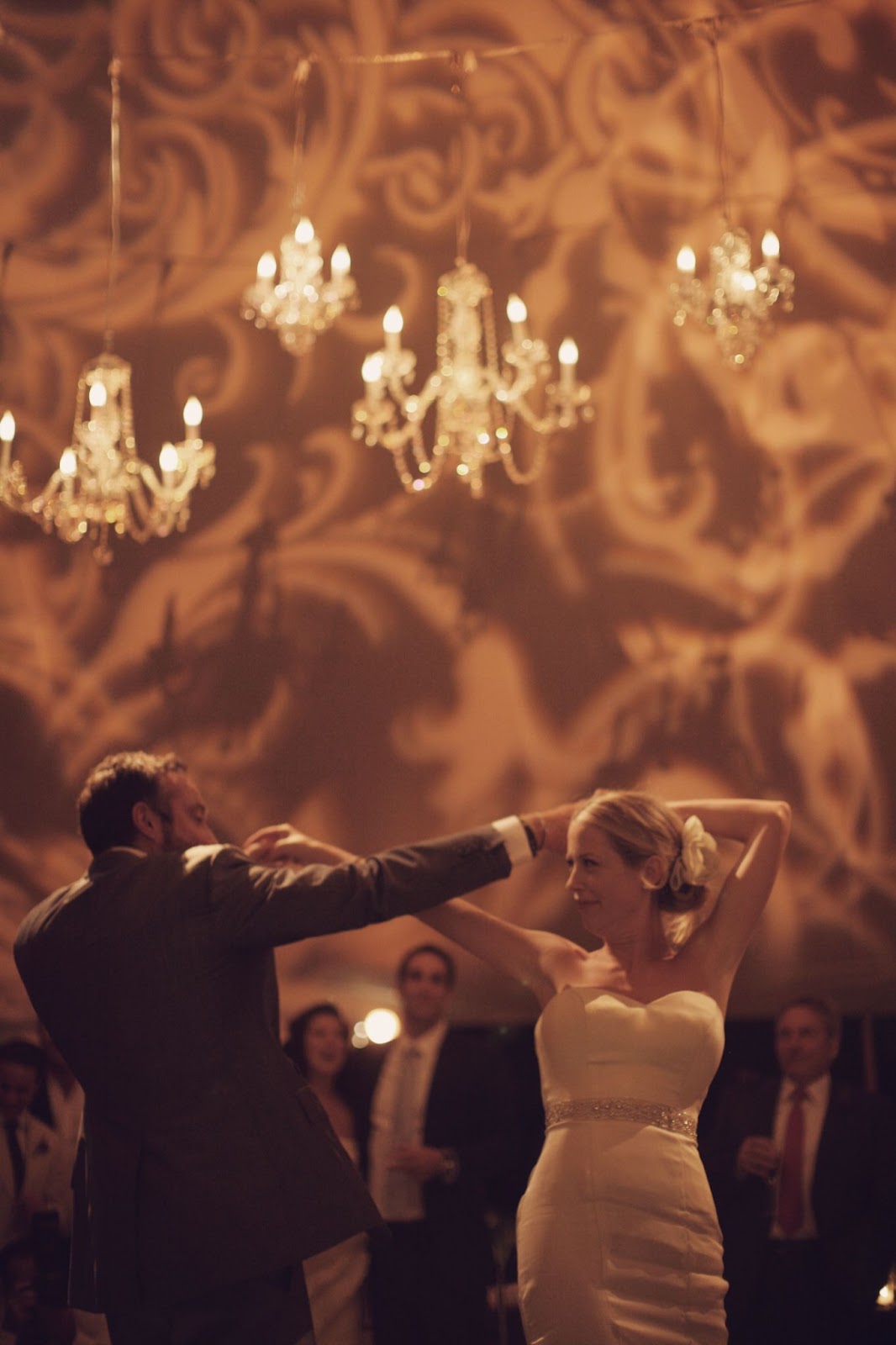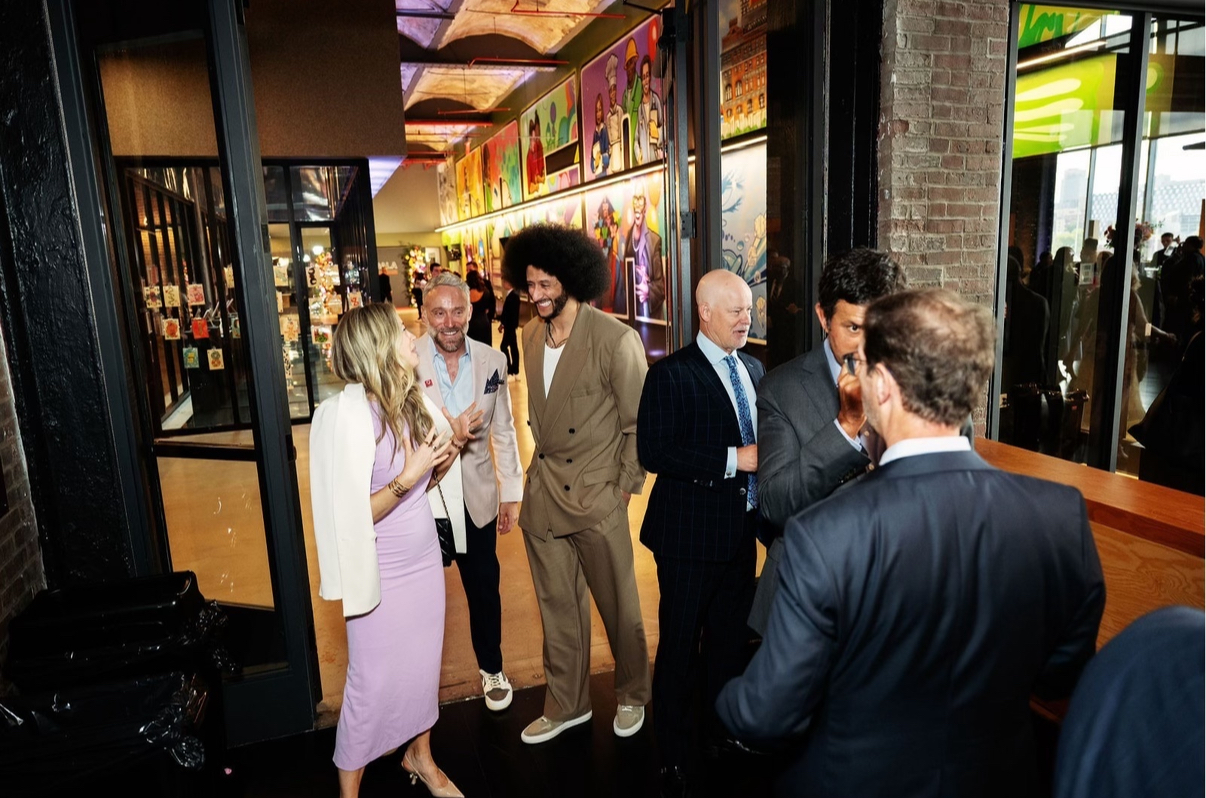“No one ever tells you that bravery feels like fear.”
Mary Kate Teske
The former NFL quarterback gave me a bemused look as, for the third time in as many minutes, someone interrupted our conversation to speak to my wife. "Bro, who is she?" Colin asked, and I chuckled.
By the time we'd escorted him into the main room - stopping another half-dozen times for people wanting to chat with my wife - we'd formed an unlikely friendship over the absurdity of it all.
"Bro, that was mental!" he whispered as we parted ways.
"Welcome to my life," I replied.
But watching Colin work that room got me thinking: even a Super Bowl quarterback wrestles with belonging. Everyone asks him the same question—the one that probably haunts him: "What do you do now?"
Wanting to belong - feeling worthy of your place, your role, your seat at the table - sits at the core of who we are. We've all felt it, probably as early as wanting to join the game of tag at break time, only to be told the teams were already full.
Sometimes I wasn't talented enough - like missing the Welsh U16 rugby squad. Sometimes I wasn't clever enough - Cambridge said no. Sometimes I simply couldn't afford it - Liberty National Golf Course, NetJets (the dreams of youth!).
But nowhere do these feelings hit harder than in professional settings, where your worth gets reduced to a business card and a handshake.
I remember starting the JP Morgan graduate programme in New York City in 2003. Sitting in that welcome meeting on the top floor of Chase Manhattan Plaza - stifling heat, crystal-clear August day, 180-degree view of downtown Manhattan and the harbour - thinking: "What the hell am I doing here?"
Everyone looked so polished. They all seemed to know each other already. They casually referenced Manhattan neighbourhoods like old friends discussing weekend plans.
My confidence wasn't helped by the fact that JP Morgan was my only job offer after twenty applications. Twenty.
I've never been comfortable working a room. Breaking into existing conversation groups, awkwardly introducing myself - it's torture. Back then, it felt impossible.
At my first hedge fund, everything shifted. Suddenly I felt secure in rooms full of high achievers. The brand mystique, being part of an elite front-office team, the unshakeable confidence of my late twenties - any self-doubt simply evaporated.
That all changed when I left finance.
For years afterwards, I'd watch people lean in and squint at my name badge, reading "Nucleus" with barely concealed confusion. "What is Nucleus?" they'd ask, with what felt like disdain, doubt, and disinterest.
Or maybe that's just what I was projecting.
Pretending To Be A VC
Breaking into VC, especially from a finance background, came with all the usual feelings of impostor syndrome - wanting to fit into rooms and groups where I wasn't sure I belonged.
The acquisition of my first angel investment by Pinterest - which had felt like such a win - meant nothing to the New York tech scene. No one had heard of the company or the transaction. Instead of credibility, I got amused looks, sometimes outright disdain.
When I first arranged to meet Charlie O'Donnell, the early-stage investor and NYC tech community builder, he booked a sterile midtown conference room. My partner and I showed up in jeans and t-shirts. Charlie looked genuinely surprised.
"Oh," he said, "I thought you were Wall Street types, so I figured midtown was where you'd want to meet."

We ended up getting ice cream in Gowanus instead. That's where we actually got to know each other—and over years of supporting a shared portfolio company, where we built a real friendship.
A few years back, a friend invited me to dinner - a successfully exited fintech founder turned VC. "Just some interesting people in the investment space," he said. "My mate's place."
The "mate's place" turned out to be a Gatsby-esque NoHo loft with catered service for twenty. Seventeen fintech titans, my VC host, his partner who managed ~$350m - and me.
Walking home, I rang my best friend. "I was genuinely confused at one point whether I'd been invited to help serve the wine," I told him. "I was the only person there who hadn't sold at least one business for eight figures."
His response was perfect: "Bro - you were in the room. Isn't that sign enough that you belonged?"
Ice Cream Fraud
Then came Ample Hills—and the strangest paradox of my career. I felt like I belonged and absolutely didn't belong, often in the same meeting.
Inside the company, despite my drive to figure things out and get shit done, I was constantly drowning. Swimming with my nose just below the waterline, never quite sure which stroke would get me breathing again.

But with investors, commercial partners, landlords - suddenly I belonged. I could speak their language, find common ground, get deals done. For a brief moment, I felt useful.
Until the problems became too big to manage and it all went south.
Afterwards, I didn't feel like I belonged anywhere. Except in the gym, hiding from all the lessons and growth that were waiting for me.
Building A Base Of Belonging
Slowly, I started finding small ways back in.
Helping an actor-turned-entrepreneur launch his ancient grain pancake brand.
Being asked by a nutrition company CEO to coach him.
Advising a corporate VC.
Working with a world-renowned physicist on a stress management device for US veterans.
Each project felt like a small victory, proof I could still add value. But I never quite felt like I truly belonged in the room - especially when those rooms were filled with people who owned hedge funds, sports teams, private planes, golf courses.
At our wedding, my wife and I’s first-dance song was Bruno Mars' "Billionaire." Cringe-worthy now, yes, but at the time - even though it was somewhat tongue-in-cheek -I genuinely thought I wanted sports teams, private planes, golf courses.

Somewhere along the way, that pathway dissolved. The folly of youth gave way to something more valuable: understanding that belonging isn't about what you own, but who you are.
But these realisations don't automatically come with the deep-rooted confidence needed to banish impostor syndrome. The feeling of not belonging in the room, of not being worthy of the conversation - that takes longer to shake or perhaps tame.
Eventually, I realised the truth: all you need to bring to belong is yourself. Your energy. Your questions. Your genuine interest in people and how they got where they are.
But asking those questions - truly listening - is hard when you don't feel like you belong. It's intimidating. You feel inferior, like you haven't achieved what you were meant to, haven't lived the life you were supposed to.
Developing thick enough skin has taken years. I wish I had a formula to share, but I don't. It's been messy, hard, and very much still a work in progress.
That work has been intricately linked to how I spend my time - and more importantly, how I view that time.
Finding the right mix of flexibility, intellectual challenge, impact and return is bloody difficult. It's hard in any profession, but particularly acute when you're off the traditional career path.
I've had to accept the confines of my time and what's actually possible. Some of my most rewarding responsibilities centre around family or the charities I support - work that doesn't always light up the dinner party conversation but matters more than most things that do.
I've realised I value genuine connection over networking. Quality over quantity. I'm fortunate that what I do doesn't require working a room - because I hate it.
Seen, Heard, Understood
You start to see that for most people, it boils down to the same things: more time with family, doing interesting work, having a voice. Being seen, heard, understood.
I had coffee with an advertising executive recently - twenty years at the cutting edge of creativity, fantastic relationship with his now-adult children. He takes each of them on a one-to-one trip every other year, something that struck me as brilliant advice.
But he also expressed regret: "I was too busy when they were younger. I can't get that time back." The annual trips were his way of making amends.
I've had that time with my children - when they were small, and now as they're growing. I don't have a sports team, private jet, or golf course. But I don't need them, and I don't care that I don't have them.

Colin was in that room supporting an incredible cause. He belongs there - as a former NFL quarterback, as an advocate for something he believes in. But I'm certain he still wrestles with that question everyone asks: "What are you up to now?"
The unease of having to justify your current existence, your current worth.
And this is a man who played in a Super Bowl.
I'm going to keep showing up in rooms where I once wouldn't have felt comfortable. Not the biggest rooms, but ones where I can make genuine connections. Where I can talk to people, not trade titles and achievements.